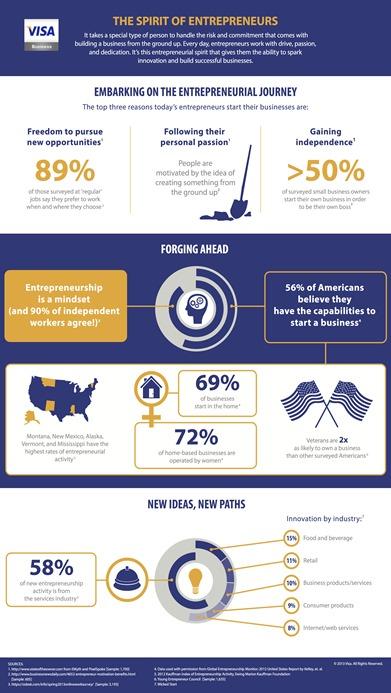 Behind most great startup success stories is a long list of mistakes! Unfortunately, for every success story you see, there is an even longer list of failure stories with mistakes that you don’t see. But rather than dwell on the failures, I’ve tried to extract from them a list of practical action items that will improve your survival probability.
Behind most great startup success stories is a long list of mistakes! Unfortunately, for every success story you see, there is an even longer list of failure stories with mistakes that you don’t see. But rather than dwell on the failures, I’ve tried to extract from them a list of practical action items that will improve your survival probability.
Every startup mentor has his favorite list of basic strategies to avoid pitfalls, and I’m no exception. If my experience and insights can save just one founder from the stress, lost time, and lost money associated with a startup misstep, then I’m a happy man. I offer these pragmatic recommendations:
-
Buffer your funding requirements. Consider both the money you need before funding, and the size of investor funding requests. You should buffer the first by 50%, and the second by 25%. You will be amazed at how many items you forgot to cover, and how fast the cash disappears. Severe cash flow problems may not be recoverable.
-
Adapt your strategy monthly. Assume your initial strategy will be wrong. Most startups I know have “refined” their target market several times during their rollout. So be alert and be flexible. Watch out for the unknown, such as an economic recession you hadn’t counted on, or a new competitor with deep pockets.
-
Reign-in expenses. The most important task of a startup CEO is to review every expense with a miserly hand BEFORE the money flows out. Do not delegate this task! Barter services and use equity to get things done for minimum cash. Make every effort to do things “in house”, rather than rely on outside services, accountants, and law firms.
-
Create intellectual property. Start early by registering your company, and reserving the name as your website domain name. Reserve the same names on the leading social networks and blogs. The patent process is far from perfect, but it’s a huge step ahead of no proprietary content. Also don’t forget trademarks and copyrights.
-
Make marketing and sales a priority. Every new startup needs to fight the urge to get the product out, and then start selling it. Do it in parallel, or the other way around, to keep from building the wrong thing. It takes leverage, effort and money to get in the public eye and stay there. Budget for it in time and dollars.
-
Find and use top-notch advisors. One or two “experts” (largely unpaid) who have “been there and done that” can head off many mistakes and suggest a calm recovery plan for the ones you make. Resist the ego urge to “go it alone” or to convince yourself that you are smarter than your competitors.
-
Temper theory with reality. There is no substitute for domain experience. No matter how well-educated you are, and how certain you are that you understand all the nuances of a business area, it is a good idea to work in a similar business for a few months to get a feel for the market and observe the unwritten rules before taking the plunge. This is especially true for students tackling their first venture.
-
Manage your time. It takes practice and effort to focus on the most important things first. In business, “most important” means time to market, customer service, low cost, and beating your competitors. It also means knowing when to delegate, when to rest, and reserving time for effective communication with your team.
A final recommendation, which is really the most important one, is to not start any business without an overriding passion, confidence, and commitment to it. These alone will play the largest part in defining your success along the way. Apply the recommendations outlined here, define your own rules and goals, and you will be well on the way to creating a successful and profitable business.
Marty Zwilling
Disclosure: This blog entry sponsored by Visa Business and I received compensation for my time from Visa for sharing my views in this post, but the views expressed here are solely mine, not Visa's. Visit http://facebook.com/visasmallbiz to take a look at the reinvented Facebook Page: Well Sourced by Visa Business.

